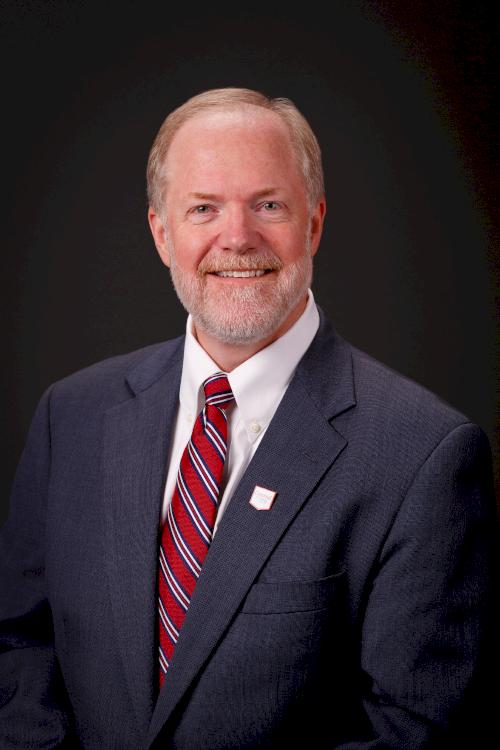A Ready-Fire-Aim Tax Policy
November 16, 2017 | Mark Putnam

As leaders we are charged with the responsibility to be creative and innovative in building the strength of our organizations. We remain ever mindful of the complexities and nuances that can lead to collateral effects and unintended consequences. So a ready-fire-aim approach to setting strategy that assumes one-size-fits-all context is little more than a blunt instrument. Yet, the U.S. Congress is attempting a sweeping revision of our federal tax policy that violates most, if not all, of the management and governance principles higher education leaders rely on for sound decision-making within our organizations.
Just take for example the target being painted on our institutions of higher education. At a time when federal and state policymakers are raising continuing concerns regarding the pricing associated with our colleges and universities, they are considering a policy framework that will drive up our costs of operation, even as they continue a pattern of disinvestment.
The provisions in the proposed tax policies vary between the House and Senate, but the collective impact of the proposals is devastating to higher education. They assert that they are just targeting the elite, heavily endowed institutions with an excise tax on endowments as if these endowments are held as unrestricted funds available for any purpose. The reality is that most endowment funds are heavily restricted to purposes like scholarships, faculty salaries and operating support for academic programs. Taxing these is just lowering revenue for colleges and universities that is committed to ongoing budgetary support. The net result will be passing on more cost to students and their families in order to maintain quality. This is the tax that will keep on costing.
Taxing the tuition benefits received by graduate students and employees will be equally crushing. For some, the tuition benefit nearly equals or exceeds their annual compensation. Treating this as taxable income will drive graduate students out of our classrooms and employees off our campuses. Likewise, removing the student loan interest deduction for tuition paid by families is adding cost and removing incentives to serve our workforce needs. This congressional self-inflicted wound undermines the economic development goals they aspire to achieve. The economy cannot expand if businesses cannot hire. If we decrease our student population, we lower the educated workforce.
This is misguided policy-making bound in the chains of political expediency.
Mark Putnam, the 21st president of Central College in Pella, Iowa, has more than 30 years of experience from various vantage points in higher education. Contact him via email at president@central.edu.
